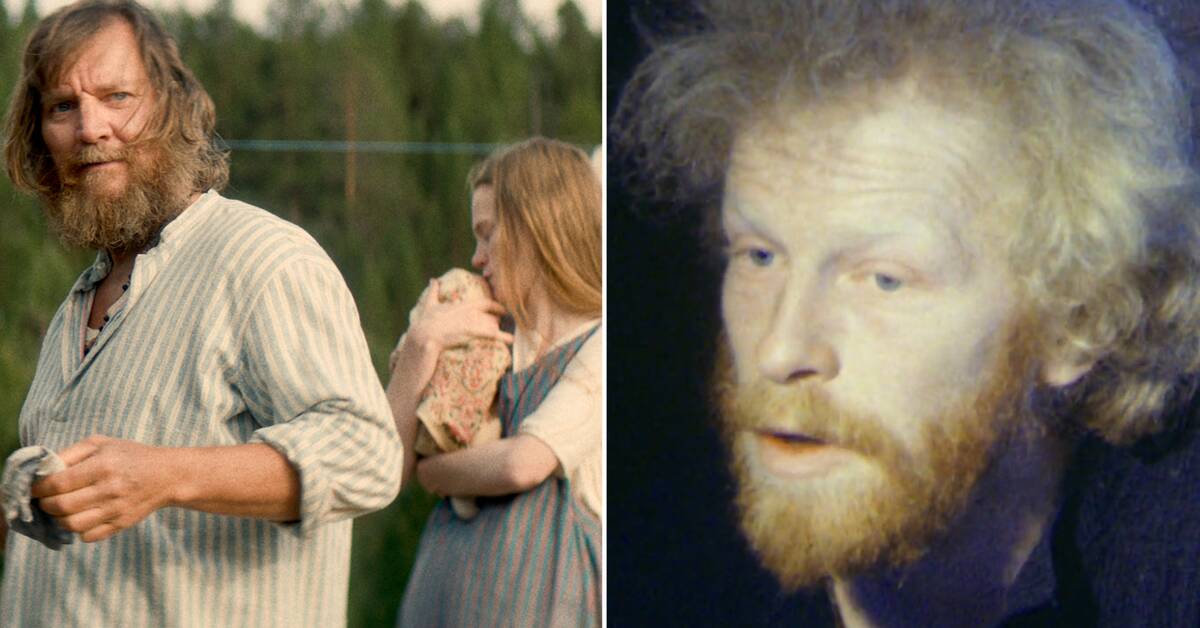The Stjärnberg of the book and TV series consists of displaced city dwellers who have chosen to escape the rules and demands of modern society.
A self-sufficient left-wing collective with grueling big meetings, lots of sex and a strong contempt for authority.
The author Kerstin Ekman lived in small Valsjöbyn in northern Jämtland for over 20 years and it was in the surroundings that she drew inspiration for her acclaimed novel "Händelser vid vatten", which has now been filmed.
In 1979, shoemaker Per Örnmarker moved with his family to nearby Höberg.
They came by horse and circus wagon and moved into an abandoned farm without electricity or running water.
- We were young and strong.
Being able to wander away, leave society behind and live up there suited us perfectly, says Per Örnmarker.
"A lot of dust with the authorities"
But the farm was owned by the state and the stay in Höberg was marred by conflicts with the authorities who wanted to drive the family away.
The press extensively reported on the combative Per and his wife Liisa.
- In the same vein, we became involved in the resistance to uranium mining in the area and kicked off a protest group.
There were many dust-ups with the authorities.
"Wasn't free sex"
Per Örnmarker met Kerstin Ekman in the grocery store on a few occasions and remembers that they talked.
But he did not understand that he would recognize himself in her upcoming novel until "Händelser vid vatten" was published in 1993.
- I understood that she must have gotten her inspiration from there.
But after I read the book, I felt "I can't get this together".
Although the circumstances and environment in Stjärnberg match well with his family's life in Höberg, Per Örnmarker finds it difficult to identify with the characters in the book.
- We were not a collective, we were a family.
It wasn't free sex.
I lived there with my wife and children and milked goats.
How does it feel to see yourself in the series now?
- It feels so unsympathetic.
You get the impression of a sect and I don't want to be associated with that.
Are you disappointed with how the collective is portrayed in the book?
- Yes... if it was the case that she (Kerstin Ekman) was thinking about our life, I think she might have been able to talk to me.
But a writer is free to do as she pleases.
And Kerstin is an extremely competent writer, I have to give her that!
Kerstin Ekman does not want to draw any conclusions about the similarities between the Stjärnberg of the book and the Höberg of reality.
She writes in an SMS to Kulturnyheterna: "I didn't know anyone in Höberg.
Don't even know what they looked like.
So there is nothing I can say”.

